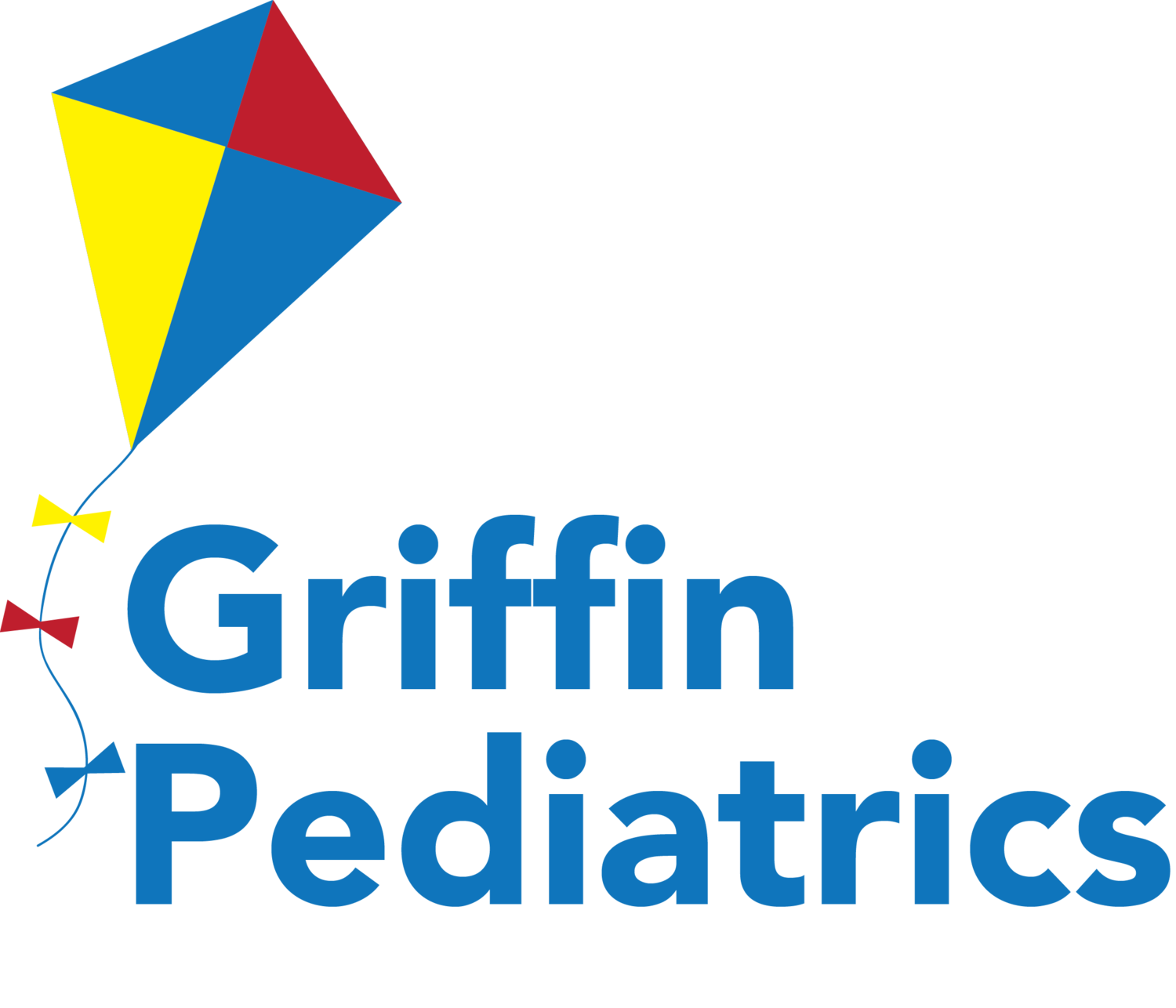we believe...
in play
Children need time for unstructured play. Organized activities are fine in moderation, but children, especially small children, develop best when they engage in imaginative play and explore on their own. Children should have simple toys, and the toys should be adaptable and versatile. Toys with good play value include blocks, puzzles, crayons, chalk, dolls, cars, trains, trucks and balls.
in limiting screen time
Keeping your child busy by watching television, playing video games or using a tablet is tempting, but children learn more from exploring, play and interaction with family and friends. The American Academy of Pediatrics recommends no more than one to two hours per day of quality television, movies, or video games.
in physical activity
The American Academy of Pediatrics recommends at least 60 minutes of physical activity a day for children 6 years and older. Active play is the best exercise for younger children. The 60 minutes can be split up into several activities over the course of the day. The recommendation is for moderate or vigorous intensity exercise. If your child is not active, start from where they are and build from there.
in healthy food choices
Your child depends on you to offer healthy food choices. They should eat a variety of foods from all five major food groups. The food groups include fruits, vegetables, grains like bread, cereal and pasta, protein, like fish, chicken and lean meats. Eggs, beans and peanut butter also fall into the protein food group. Your child needs 2-3 servings of dairy each day. Drinking water is a much better option than tea, juice, soda or a sports drink. Limiting sugar, added salt and fast food are also important to your child's nutrition.
that fever is usually harmless
It can help your child's body fight infection. Fever is not necessarily a sign that your child needs an antibiotic. Except in the case of heat stroke, fever is not an illness, only a symptom of one. Look for other clues to understand your child's illness, increase liquids, and call our office for more guidance.
in medication in moderation
Most mild illnesses can be managed with increased fluids, rest, and fever reducing medications. Antibiotics are only effective for specific types of infection. We try to only use antibiotics for infections caused by bacteria. If they are given for viral infections, like a bad cold, the bacteria will become resistant to the antibiotics and are less likely to be effective when your child really needs them.
that children need sleep
Good sleep habits established early will prevent many learning and behavior problems. Studies show that small but constant deficits in sleep over time tend to affect optimal brain function. The need for sleep does not decrease as children grow older. Even teenagers still need 8-9 hours of sleep a night.
in vaccines
Vaccines are the most important intervention we make as pediatricians to protect your child and our community from serious disease. We adhere to the immunization schedules provided by the American Academy of Pediatrics, the Centers for Disease Control and the ACIP (Advisory Committee on Immunization Practices). Except in the rare case of a true medical exemption, we expect that patients will receive the immunizations based on those schedules. Our pediatricians are available to discuss your questions about immunizations.


